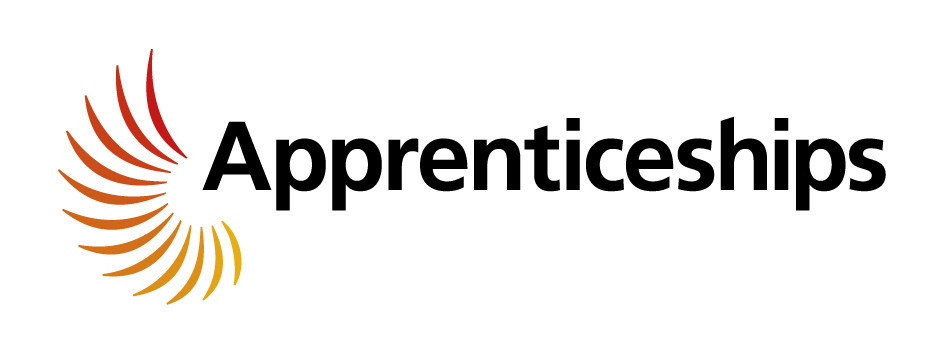Course Overview
The purpose of this course is to explain key terms used in everyday life. This course considers the information displayed on a payslip. It explains what each of the items displayed on a payslip actually covers.
What will I learn?
What will I learn?
Pay slips – What are they and your right to a pay slip – covering items on a payslip
Gross pay – Explaining what the term means. How you can calculate this from your annual salary or hourly rate.
Net Pay - Explaining what the term means. The effect deductions have.
Fixed deductions – What is this type of deduction and how does it work
Variable deductions– What is this type of deduction and how does it work
National Insurance (NI) – Explaining what this is. How you get a number and when. Amount/percentage paid– how much you earn before paying – what it’s used for. Explaining the right to work in the UK. Who uses the number – link to benefits, pensions, savings etc. Gaps in payment – why and what it means. What are the different types of NI if employed/ self-employed and voluntary. What are the current rates. Explaining your NI record. How NI is spent - NI and the NHS.
Tax – This explains - Personal allowances. What a Tax bands is. Tax codes – letters and numbers what they mean. How to check your tax code. What is Emergency tax. What benefits are taxed. What you don’t pay tax on. A brief look at Self-assessment. What tax is used for.
Minimum wage and living wage – This explains the terms- who is entitled. Highlighting the differences of apprenticeship wages of under 19 and over 19 and after 1st year of apprenticeship. What are current and previous rates. What’s included in the minimum wage and what isn’t such as tips and extra pay for working unsociable hours if not set hours. 2019 change to make sure that hourly rates of pay are detailed to ensure work at different rates is covered to ensure minimum wage is met – especially important for variable/zero hours contracts
Working time directive – Explaining the term. The Maximum hours rules. Age related differences. The provision of opting out if required.
Calculating your pay – How to work out what you should be paid. Working out pay for fixed hours, no fixed hours work. How to calculate your hourly rate.
Holiday entitlement – Explaining the term. What you can expect in the UK for statutory entitlement, bank holidays. How to calculate holiday hours for full time, part time, irregular hours. What is Extra leave. How do you accrue holiday. Wat happens when leave is affected by sickness.
Pensions
What they are. How much you pay. What are employer contributions. How low earnings affect pensions. Types of pensions – defined benefit/ defined contribution. Pension payment effects on wages and benefits. How does tax relief work on pensions. What you may get and how you can take it.
Study, Assessment and Qualifications
Assessment is informal, based on your personal targets and the learning outcomes will be undertaken regularly with you by the course tutor.
Entry Requirements
There are no entry requirements with this course.
Additional Costs and Information
You just need a pen, notebook and a calculator.
The Course will run for one day per week for three weeks at the Chippenham campus on
06.03.25 - 20.03.25 Thursdays 13:00-15:00
The Course will run for one day per week for three weeks at the Salisbury campus on
07.03.25 - 21.03.25 Fridays 12:30-14:30
To be eligible for the free fundable programme, you must be aged 19+ and in receipt of benefit or on a low wage income and must have lived in the UK for the last three years. You must currently reside in England. Should you need any additional information before applying please do contact us on busdev@wiltshire.ac.uk






